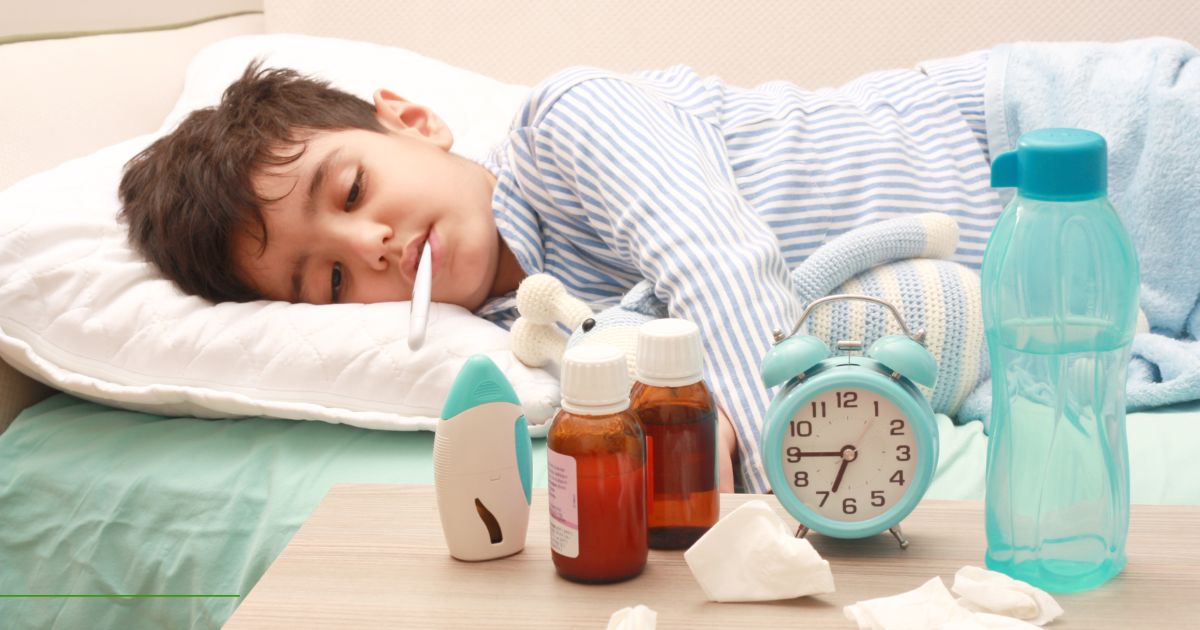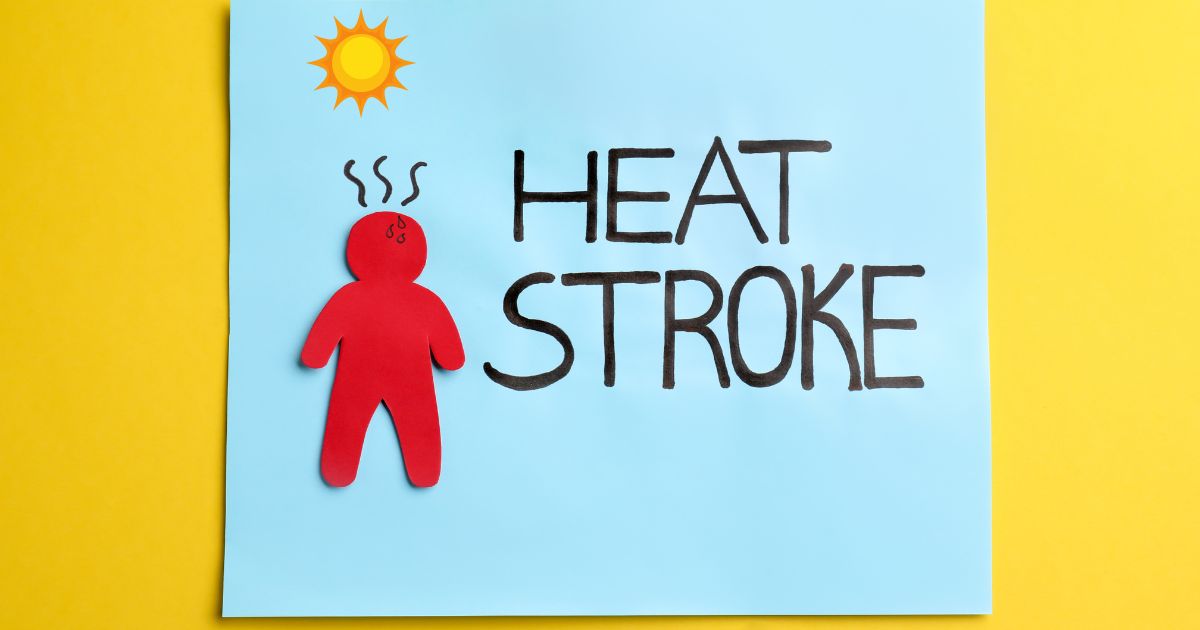Pakistan’s scorching summers can be brutal, especially for students. With rising temperatures and heat waves becoming more frequent, it’s crucial to prioritize safety and well-being. This heat wave information for students equips children with essential tips to navigate the heat and stay cool while focusing on their studies.
How to Stay Safe in Hot Weather
When faced with soaring temperatures, it’s vital to prioritize children’s safety. Stay indoors during the hottest times, generally between 10 am and 5 pm. If you must be outside, seek out shade, wear light clothing, and stay hydrated. The American Academy of Pediatrics has published several studies and recommendations emphasizing protecting children during heat waves.
Due to the difficulty in controlling their body temperature, children are more vulnerable to heat sickness than adults. Adults must help shield children from overheating.
Essential Tips for Students
These tips will help you beat the heat weave and make it through the hottest days.
Stay hydrated with the Right Drinks
Pakistan’s heat demands constant hydration. Carry a reusable healthy water bottle and sip cool water throughout the day. Avoid sugary drinks that dehydrate you faster. Some great hydrating drink options include.
- Water (aim for at least 8 glasses per day)
- Coconut water
- Herbal iced tea
- Fruit-infused water
- Electrolyte-enhanced drinks like sports drinks
- Homemade buttermilk (lassi)
Dress Appropriately
Loose, light-colored cotton clothing reflects heat and allows for better air circulation. Avoid tight-fitting clothes and dark colors that absorb heat. Wear a wide-brimmed hat to protect your kid’s face and head from the sun.
Eat Cooling, Hydrating Foods
Including proteins in children’s diet during a heat wave is crucial for maintaining energy levels and overall health. Some great options include.
- Watermelon
- Cucumber
- Tomatoes
- Leafy greens
- Citrus fruits
- Berries
Lean meats, eggs, and beans are a few foods high in protein that can help you feel satisfied and energized. Avert heavy, oily, or spicy meals since they may be more challenging to digest in the heat.
Take Breaks from the Heat
Beating the heat during breaks is crucial for students. Schools can create cool-down areas or adjust schedules. At the same time, students can take short hydration breaks, engage in light activities indoors, or even enjoy a refreshing shower at home. Students can stay energized and focused throughout hot days by prioritizing these cool-down moments.

Know the Signs of Heat-Related Illness
Being aware of the early signs of hot weather weakness and taking Quick action to cool the child and rehydrate can prevent the progression of heat stroke. However, any child with severe symptoms like fainting or high fever needs immediate medical care. Recognize the warning indicators, which include the following.
- Headache
- Dizziness
- Nausea
- Fatigue
- Muscle cramps
- Rapid heartbeat
- Confusion
- Hot, dry skin
- Move the child to a more relaxed place and remove excess clothing
- Apply cool, damp cloths or fans to the neck, armpits, and groin
- If conscious and able to swallow, give cool fluids.
If your child or someone you know is experiencing these symptoms, get out of the heat quickly, drink cool fluids, and seek medical help if symptoms persist or worsen. Recognizing the early signs of heat weakness and taking prompt action to cool the child and rehydrate can prevent the progression of heat stroke. However, any child with severe symptoms like fainting or high fever needs immediate medical care.
Final Thoughts
- Stay Informed – Follow weather reports and warnings from the Pakistan Meteorological Department (PMD) to stay updated on heatwave forecasts.
- Communicate – Inform parents, teachers, or friends if you experience any heat-related discomfort.
- Emergency Preparedness – Learn the signs and symptoms of heatstroke and the emergency contact numbers for medical assistance.
By following these tips, students in Pakistan can stay safe and healthy during the sweltering heat waves, ensuring a productive and focused academic journey.
